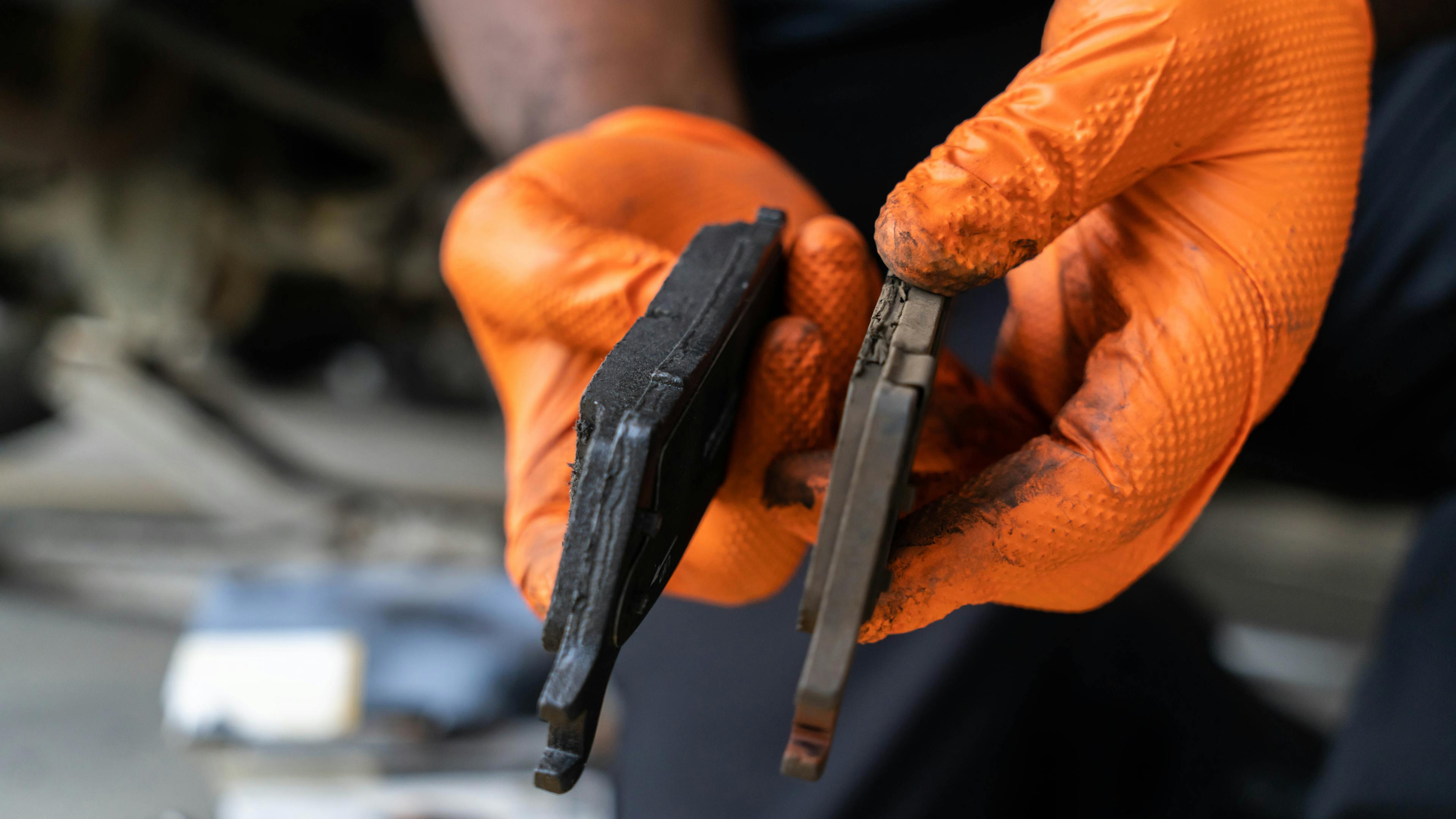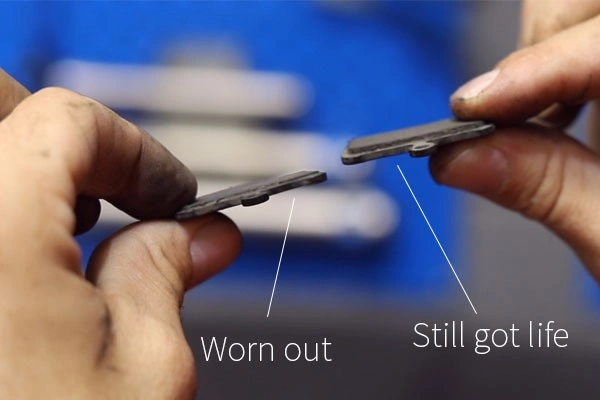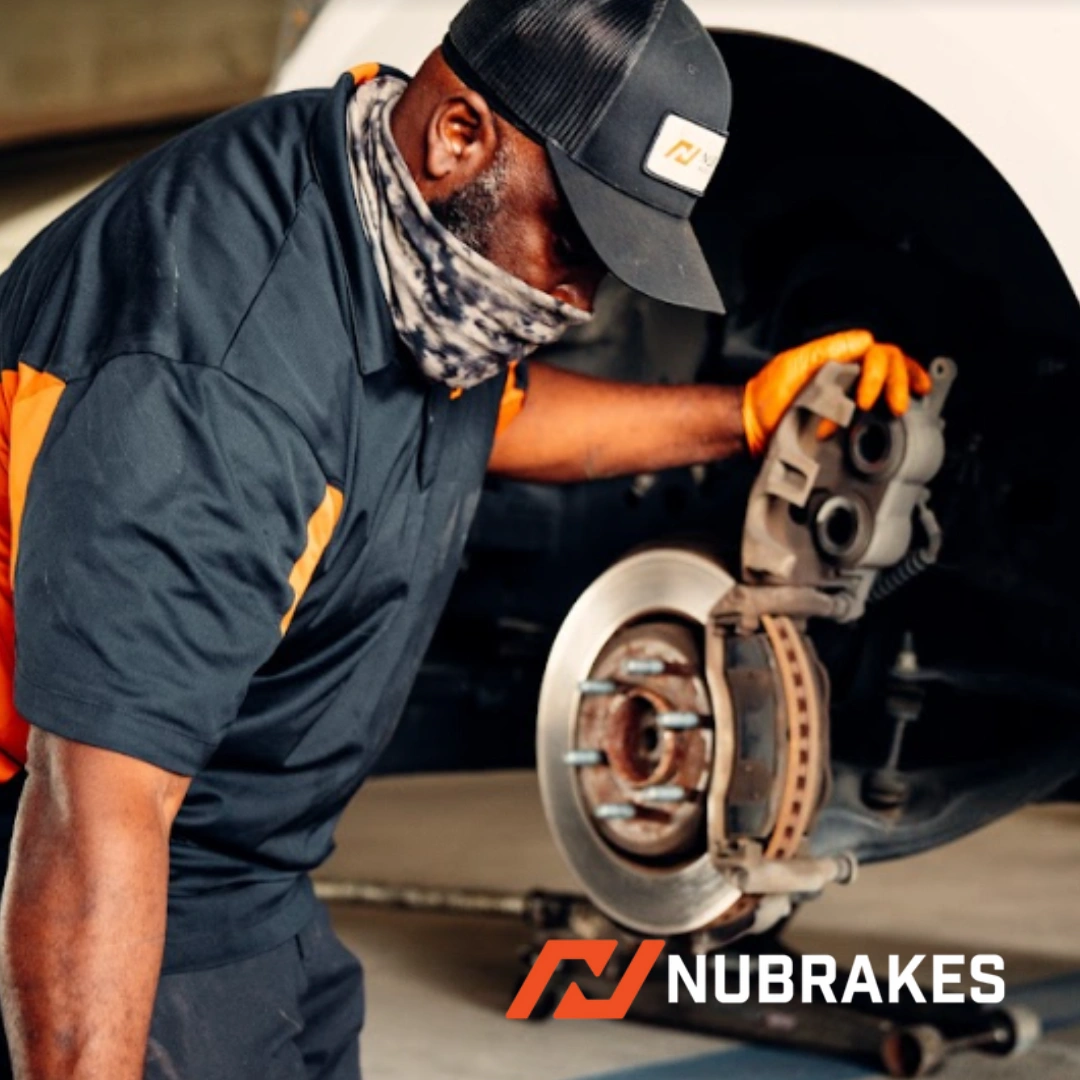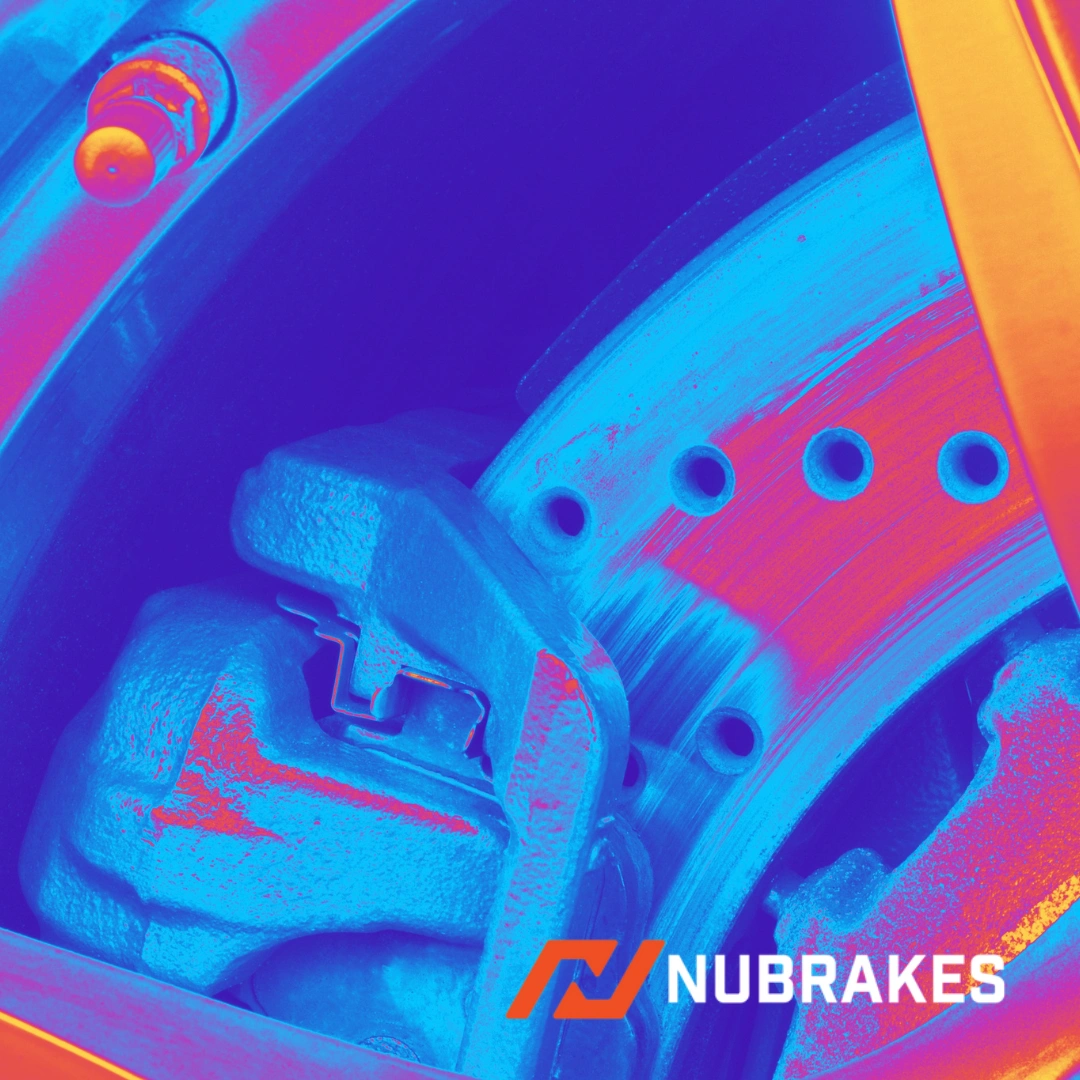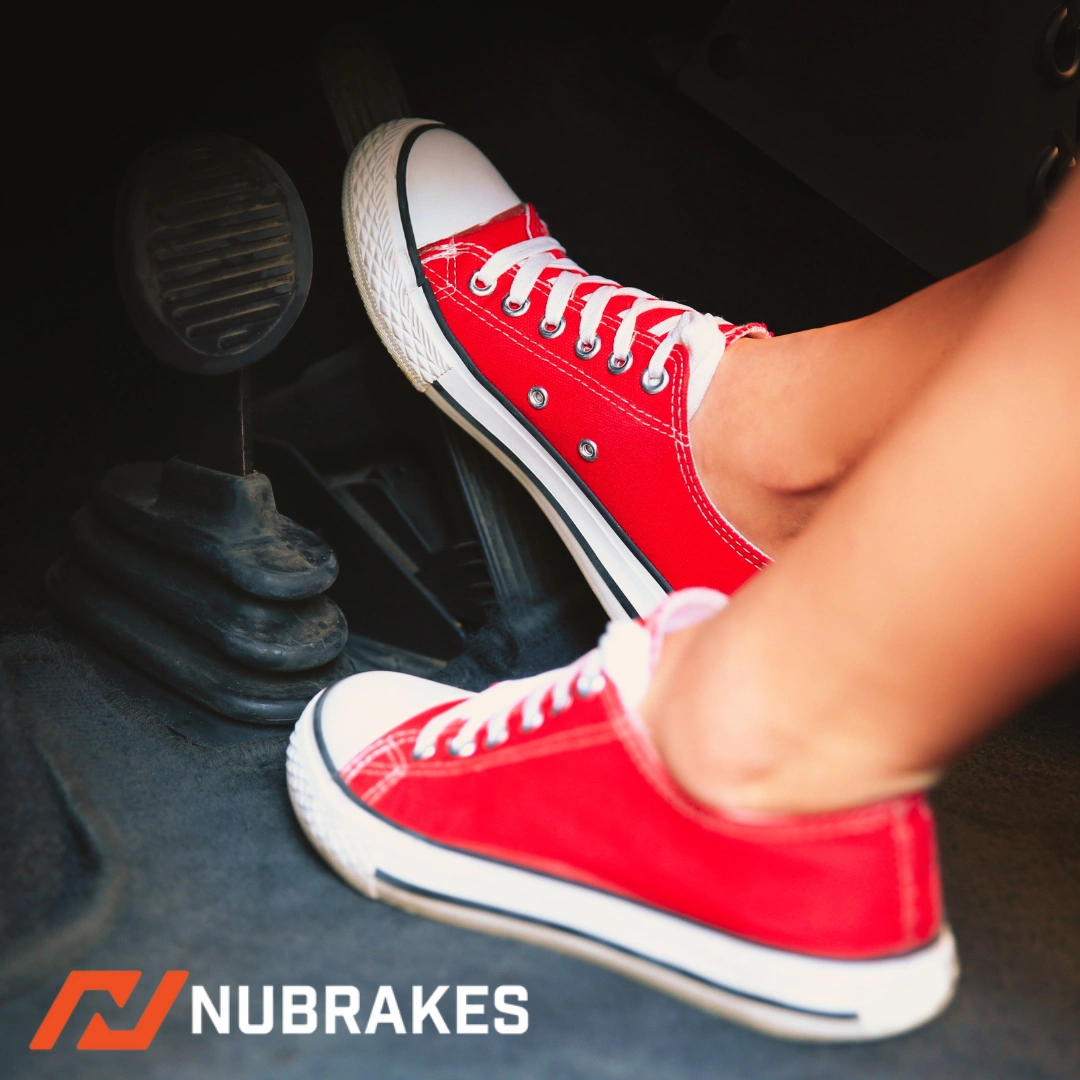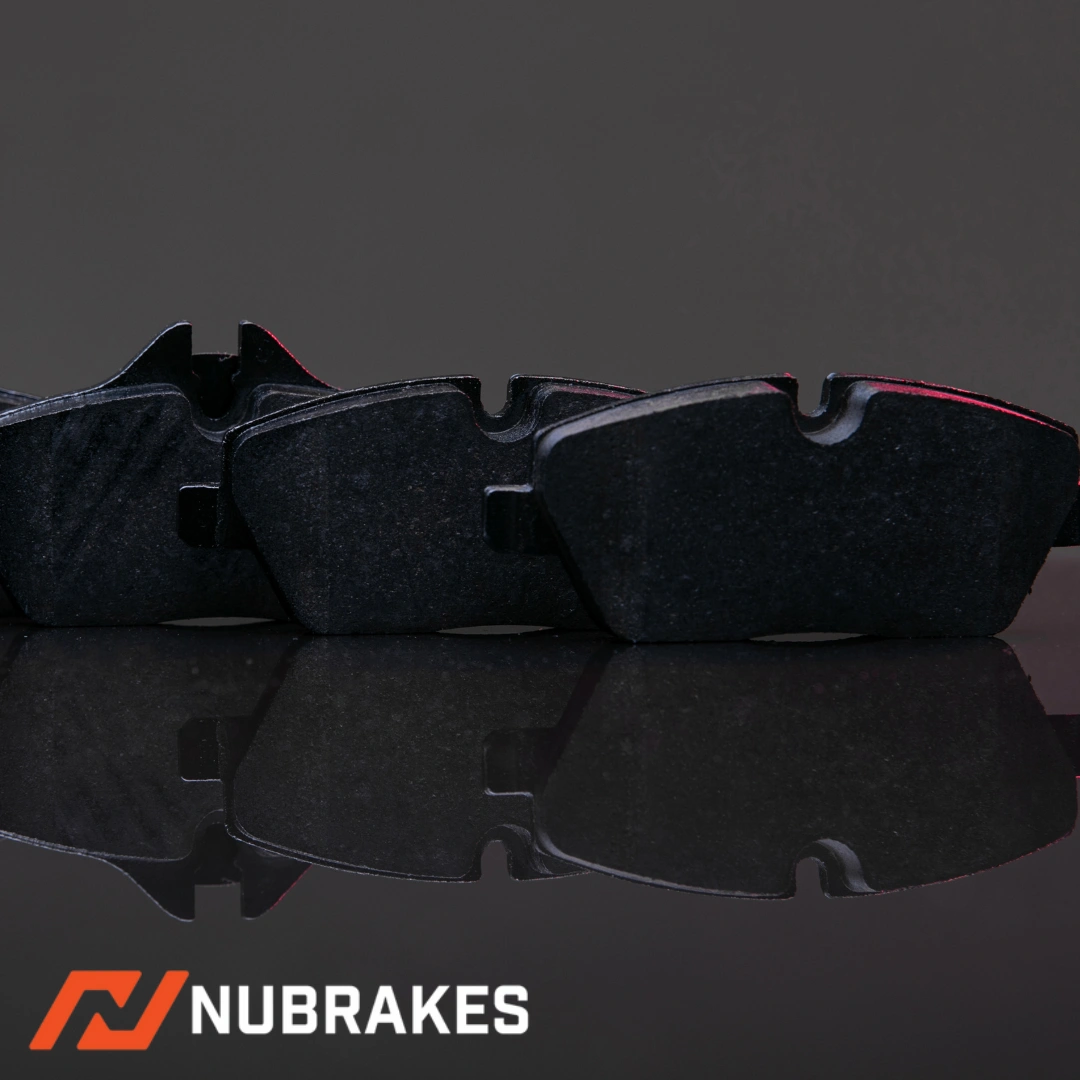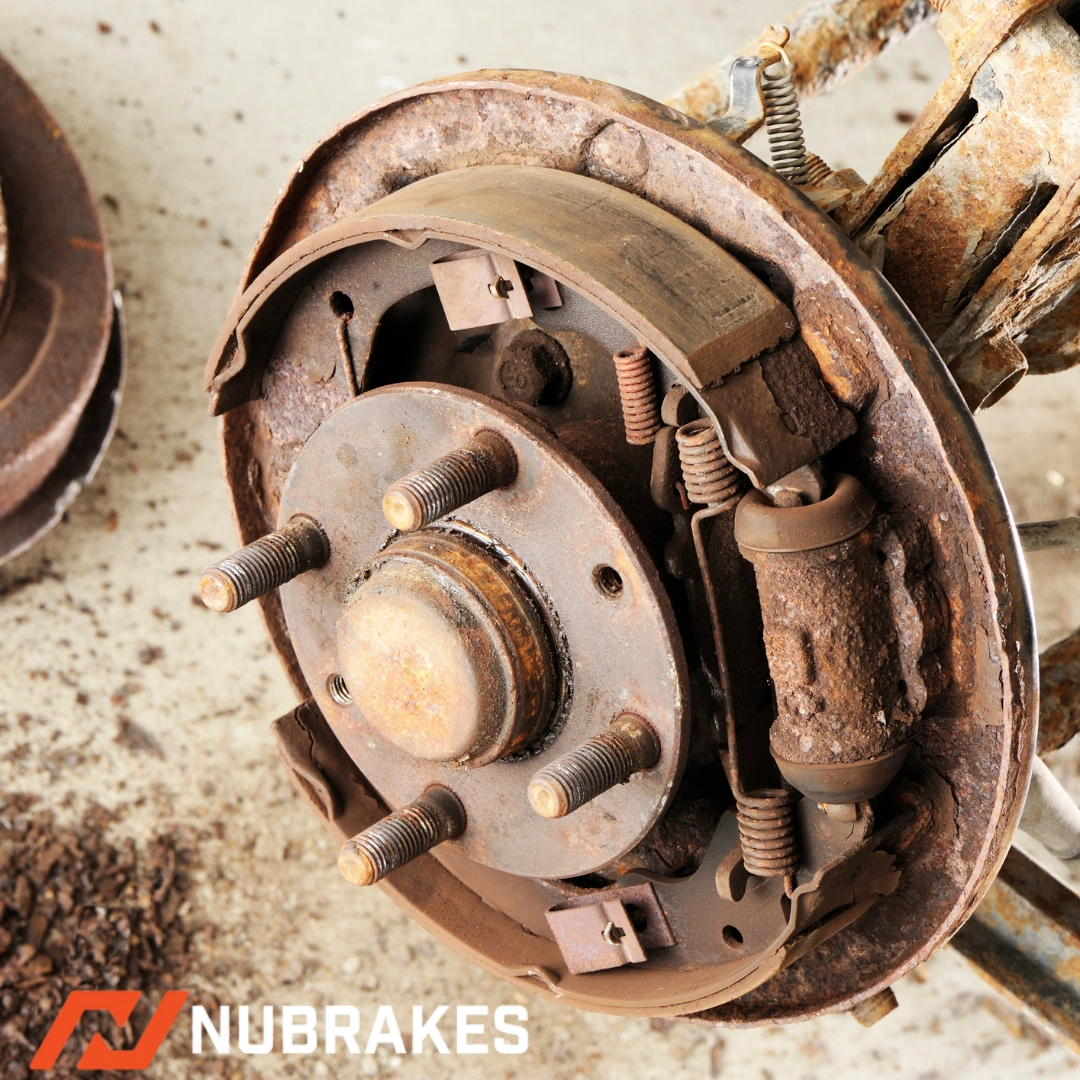When you hear a squeaking or squealing sound coming from your brakes, worn brake pads are usually the first thing that comes to mind. However, the cause of that high-pitched annoyance might actually be one of many things going on with your brake system.
Sometimes, the cause is temporary - a little rust on your rotors after a night of rain or perhaps a new set of pads that haven’t quite gotten used to the rotors. Other times, it might be more serious, like a mechanical issue with your caliper (which holds your brake pads against the rotor to bring your car to a stop).
If the squeal goes away after a few brake applications, it’s probably not a problem. But if the noise persists - or worse, you begin to lose braking power - it’s time to get your brakes checked by a mechanic.
If you’re unsure what’s causing your brakes to squeal, read on to see what might be happening with your brake system.
Get an honest diagnosis and transparent pricing on brake repair>>
Key Takeaways:
|
Here's why your brakes might be squeaking
1. Worn or thinning brake pads
Source: Tredz UK
The most obvious cause of brake squealing is worn brake pads. This is because brake pads are intentionally designed with a metal indicator that emits a high-pitched warning when they approach their minimum thickness.
That irritating screech is how you know it’s time to replace your brake pads. A thin layer of rust over your brake pads can make a similar squeaking noise, but that will usually go away after a few brake applications.
If the noise stays with you, be sure to get your brakes checked out right away. If you let the problem go and the persistent squeaking turns into grinding, it’s likely that you’re going to need new rotors along with your brake pads. This can more than double the cost of your next brake service.
2. Dust or debris between your pads and rotors
Another common cause of brake squealing is mud, brake dust, or other debris on the surface of your pads or rotors. This can happen in various driving conditions or if your car sits for a long period collecting dust.
In this case, a quick spray with cleaner or sanding down of the surface material will usually take care of the problem. It might also go away on its own after a few brake applications allowing the friction between the pads and rotors to wipe away the debris.
3. Overnight moisture
If you hear an odd-sounding noise first thing in the morning, it’s possible the noise is completely normal - especially if your car has been exposed to rain, snow, or humidity overnight. When moisture sets in on your brakes, a thin layer of rust can easily build up on the rotors.
This can cause a grinding or squealing sound when you apply your brakes. Fortunately, the rust buildup can usually be remedied with normal driving. You can also try parking your car indoors to protect your brakes from accumulating moisture.
4. Your personal braking style
Repeated hard and fast braking, especially at high speeds, can generate excessive heat, causing a smooth, hard glaze on your brake pads' surface. Glazing can also happen as a result of riding the brakes downhill, the constant friction causing a spike in temperature that exceeds the limits that conventional brake pads are designed for.
When brake pads become glazed, they can no longer generate the friction needed to stop the vehicle. They might also crack or fracture. As a result, you’ll need to have them replaced.
It’s worth noting that a mechanical or hydraulic failure in the brake caliper, causing the brake pads to rub against the rotor even when you’re not applying the brake pedal, can also be to blame for glazing. This is perhaps the most dangerous kind, since it happens without the knowledge of the driver.
To check for signs of glazing, run your finger along the surface of your brake pad to feel for a smooth and glassy finish. When replacing glazed brake pads, you’ll also need to either clean or resurface your rotors and check the calipers and hydraulic system for mechanical issues or failure. If glazing becomes a repeated problem, you might also need to rethink your braking style.
5. Metallic brake pads
In some instances, squeaky brakes might be caused by the brake pad material itself. When it comes to brake pads, there are three types available: organic, semi-metallic, or ceramic. Semi-metallic brake pads are perhaps the most common model on the market and consist of between 30% and 65% metallic elements like iron, steel, graphite, and copper.
When this type of pad rubs up against the rotor, it may cause the occasional squealing or grinding. The sound will usually stop once the brake pad wears down past that spot or layer, but if the noise bothers you, you might consider opting for pads with less metal.
While organic pads are by far the cheapest alternative, they offer inferior quality and durability, and also cause a great deal of dust. The other option, and arguably the best of the three in terms of quality and performance, is ceramic brake pads. While costlier than their organic or ceramic counterparts, they also are the quietest and longest-lasting of the three.
6. Lack of lubrication on drum brakes
If your car has drum brakes, the squealing may be caused by a lack of lubrication at the contact points between the shoes and the drum. Without lubrication, the shoes start to scrape against the backing plate, causing a squeal.
You can usually tell where the issue is by looking for signs of this kind of scraping where the bare metal is exposed. Preventing or repairing squeaky drum brakes is as easy as applying brake grease to the backing plate where the piston meets the shoes.
What to do about squeaky brakes
Squeaky brakes have all sorts of causes and could indicate anything from a little overnight moisture to a serious issue with your brake caliper or hydraulics. You don’t want to take any chances when it comes to your brakes.
So, if the noise persists for more than a day, it’s time to get your car checked out by a trusted mechanic. Otherwise, a minor issue could become significantly more expensive brake repair. If the squeaking turns into a grinding noise or is accompanied by a decrease in braking power, it’s a sign that something serious is going on - up to and including brake failure.
If you’re concerned about a noise coming from your brakes, don’t hesitate to reach out for a free diagnosis and upfront quote on brake repair.
